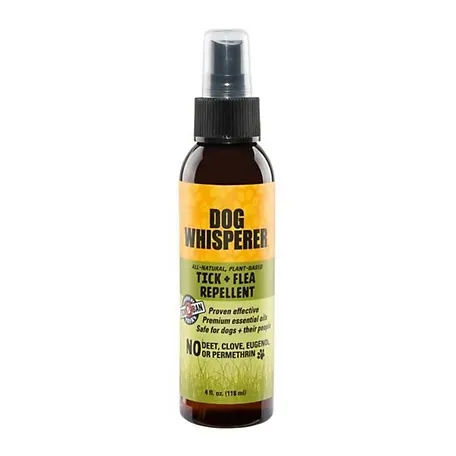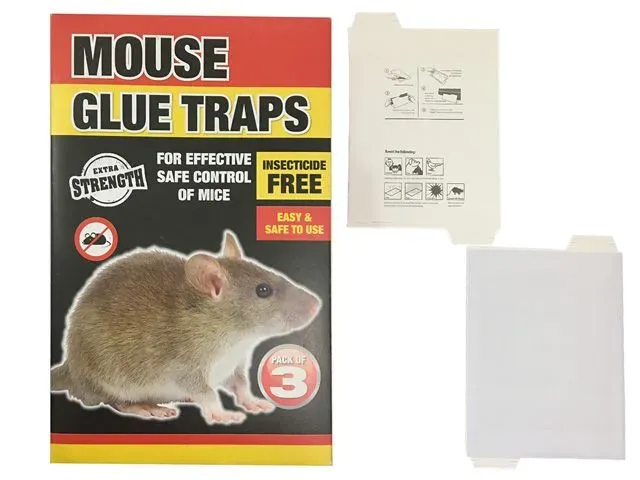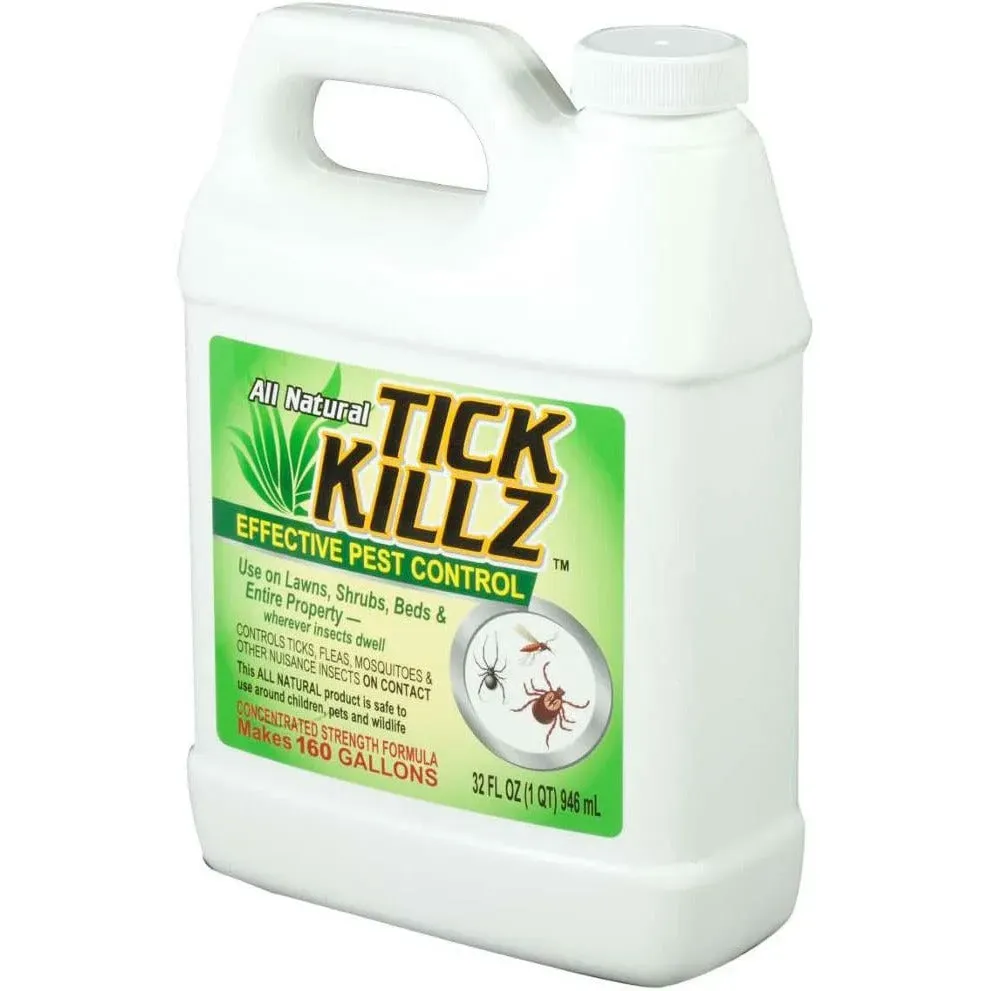Table of Contents
Insects! Sometimes they're cute, like a ladybug on a rose. Other times? Not so much. Think ants raiding your picnic, or mosquitoes buzzing around your head at sunset. That's where Insecticides come in. But with so many types and so much conflicting information out there, choosing the right insecticide can feel like navigating a minefield. This article, from lilyflower.homes, will help you understand the world of insecticides, from the different types available to the safest and most effective ways to use them. We'll explore how to protect yourself and the environment while tackling those pesky pests. Get ready to become an insecticide expert – you'll be amazed at how much you can learn!

Reveal The Strength: How To Use Insecticides Effectively And Safely
Understanding Insecticides: Types and Uses

Understanding Insecticides Types And Uses
What Are Insecticides?
Insecticides are substances used to kill or control insects, including those that can damage crops, spread diseases, or infest homes. They come in various forms, such as sprays, powders, and baits, and can be derived from natural or synthetic sources.
As a gardener, you may have encountered insecticides while trying to control pests like aphids, whiteflies, or spider mites on your plants. But with so many types of insecticides available, it can be challenging to choose the right one for your needs.
- Fungicides for fungal diseases
- Insecticidal soap for soft-bodied insects
- Neem oil for a wide range of pests
Types of Insecticides
There are several types of insecticides, each with its own strengths and weaknesses. Here are some common types:
Safe Insecticide Application: Protecting Yourself and the Environment

Safe Insecticide Application Protecting Yourself And The Environment
Protecting Yourself While Using Insecticides
Hey there, fellow insecticide explorer! Using insecticides is like wielding a superhero ability – but even superheroes need safety gear, right? Before you even think about spraying, read the label! It's like the instruction manual for your super-powered spray bottle. It tells you exactly how much to use, when to use it, and what precautions to take. Think of it as your personal safety briefing before embarking on a mission to defeat the evil aphid army.
Seriously, don't skip this step. Some insecticides are stronger than others. Some need to be applied at specific times of day to avoid harming helpful insects (like the friendly bees!). Always wear gloves, long sleeves, and eye protection. Think of it as your insect-fighting armor! I once learned this the hard way – I didn't wear gloves while spraying, and my hands got a little itchy. Not fun. And after you're done spraying, wash your hands thoroughly with soap and water. You don't want to accidentally transfer any insecticide to your face or food.
- Read the label carefully!
- Wear protective clothing (gloves, long sleeves, eye protection).
- Wash hands thoroughly after use.
Protecting the Environment When Using Insecticides
Remember, insecticides aren't just for killing bad bugs; they can also affect good bugs, birds, and even pets. That's why it's super important to be careful where and how you spray. Avoid spraying near water sources like ponds or streams. Think of the little fish! And don't spray when it's windy, because the insecticide could drift onto places you don't want it to go. It's like aiming a water pistol – you want to hit your target, not your friend's face!
If you're dealing with a really bad infestation, consider calling in the professionals. They're like the SWAT team for insect problems. They have special training and equipment to handle large-scale infestations safely and effectively. Also, look into more eco-friendly options like insecticidal soap or neem oil. These are gentler on the environment and are often just as effective for smaller infestations. You can learn more about these gentler options by checking out our helpful guide on pest control!
Insecticide Type | Environmental Impact | Precautions |
|---|---|---|
Synthetic Insecticides | Can be harmful to beneficial insects and wildlife | Avoid spraying near water sources, use sparingly |
Natural Insecticides | Generally less harmful to the environment | Follow label instructions carefully |
Effective Insecticide Strategies: Targeting Pests Smartly
If you want to use effectively, you first need to know your enemy. Different pests require different approaches, and a little knowledge can go a long way in helping you choose the right strategy.
Think of it like a game of chess: you need to anticipate your opponent's moves and plan your attack carefully. For example, if you're dealing with aphids, you might use insecticidal soap or neem oil, which are gentle on plants but tough on these pesky insects. But if you're dealing with more serious pests like spider mites, you might need to break out the big guns – or in this case, more powerful insecticides.
Pest | Insecticide Strategy |
|---|---|
Aphids | Insecticidal soap or neem oil |
Spider mites | More powerful insecticides, such as pyrethroids or organophosphates |
Of course, even the best-laid plans can go awry if you don't take the time to read the label carefully. This is where many people go wrong: they assume that all insecticides are created equal, and that they can just spray away without worrying about the consequences. But the truth is, different insecticides have different instructions, and ignoring these can be disastrous.
As someone who has been growing lilies for years, I can attest to the importance of following the instructions on the label. For more tips on growing these beautiful flowers, be sure to check out our post on Lily Growing Tips.
- Read the label carefully before applying insecticide.
- Choose the right insecticide for the job – different pests require different approaches.
- Take the time to understand the instructions and follow them carefully.
Choosings the right insecticide can be a daunting task, especially with so many options available in the market. Think of it as trying to find the perfect puzzle piece - it needs to fit just right to get the job done effectively. As a homeowner, you want to make sure you're using an insecticide that will target the pests you want to get rid of, without harming your family, pets, or the environment.
When selecting an insecticide, consider the type of pest you're dealing with. Different pests require different types of insecticides. For example, if you're dealing with aphids or whiteflies, you may want to use an insecticidal soap or neem oil. But if you're dealing with more serious pests like spider mites, you may need to use a more powerful insecticide like pyrethroids or organophosphates. It's like having the right tool for the job - you need to use the right insecticide to get the desired results.
Pest | Insecticide Type | Examples |
|---|---|---|
Aphids | Insecticidal soap or neem oil | Safer Brand Insecticidal Soap Concentrate, neem oil |
Spider Mites | Pyrethroids or Organophosphates | permethrin, malathion |
You should also consider the environment and safety when choosing an insecticide. Some insecticides can harm beneficial insects, like bees, or contaminate water sources. It's like choosing the right soap for your skin - you want to use something that will clean and nourish, not harm. Look for insecticides that are labeled as "environmentally friendly" or "safe for use around pets and children."
For more information on how to use insecticides safely and effectively, be sure to check out our post on . And, if you're looking for more options, we've got you covered.
- Always read the label carefully before using an insecticide.
- Choose the right insecticide for the type of pest you're dealing with.
- Consider the environment and safety when selecting an insecticide.
Final Thought
So, there you have it! Understanding insecticides isn't rocket science, but it does require a little knowledge and careful consideration. Remember to always read the label, follow instructions precisely, and prioritize safety for yourself, your family, and the environment. By making informed choices, you can effectively manage insect problems without unnecessary risks. Happy gardening (and pest-free living!)